Your bed should work with you, not against you. And the right height mattress is how you make that happen. When you invest in an adjustable bed frame, it’s easy to focus on features like head and foot tilt, massage settings, or remote controls. But, did you know that choosing the right mattress height is just as crucial to your sleep experience as selecting the adjustable bed frame itself? It’s true. The height of your mattress can affect how well your adjustable bed works and how comfortable you feel. A mattress that’s too thick or too thin might not move smoothly or support you the right way.
In this guide, we’ll explain why mattress height matters and help you find the best fit for your adjustable bed.
Why Mattress Height Matters to an Adjustable Base

An adjustable bed frame needs to bend and move freely. If your mattress is too tall, it may resist that movement. If it’s too thin, it might not give you the comfort you need.
The sweet spot? Most people find that a mattress between 10 to 14 inches high works well. It’s flexible enough to move with the frame, but thick enough to still feel cozy and supportive. Straying outside that range can cause problems. That’s why mattress height isn’t just about looks—it directly affects how your bed feels and functions.
If you're shopping for a mattress that works with an adjustable base, finding one with the right height and materials is key. The wrong mattress can limit the frame’s movement or make your sleep less comfortable, so it's worth paying attention to both thickness and flexibility.
The Impact of Mattress Height on Adjustable Bed Frames

The height of your mattress plays a huge role in how well your adjustable bed frame works. If your mattress is too thick or too thin, it might not respond well when the bed frame is adjusted. Here’s why:
- Thick Mattresses: Mattresses that are too thick may not bend properly when the adjustable bed is moved into different positions. This could lead to uncomfortable pressure points or an awkward fit with the frame.
- Thin Mattresses: On the flip side, if your mattress is too thin, you may not get enough support or comfort, even though the frame can adjust easily. A thin mattress might compress too much, affecting your comfort.
- Optimal Mattress Height: The sweet spot for mattress height is typically between 8 to 12 inches. This range offers the right amount of flexibility while still providing adequate support. A mattress that’s too high may cause the frame to lose its ability to move as freely, while one that’s too low might not offer the proper support.
Ideal Mattress Height and Types for Adjustable Bed Frames
When choosing the best mattress thickness for your adjustable bed frame, consider the thickness and material of the mattress. A mattress between 8 and 12 inches will offer good flexibility, support, and comfort.
-
Memory foam mattresses are a great choice for adjustable frames. They are flexible and mold to the shape of the body, ensuring a comfortable fit even when the bed is adjusted. Memory foam mattresses typically range between 10 and 12 inches, which works well with adjustable frames.
-
Latex mattresses are also a good option. They are naturally responsive and offer great support, usually in the range of 8 to 12 inches.
-
Hybrid mattresses that combine foam and coils can be a good fit, too. Just make sure the mattress isn’t too thick, as the coils may not respond well to adjustments.
- Innerspring mattresses are generally not the best choice for adjustable bed frames because they don’t flex as easily as foam or hybrid mattresses. They tend to be thicker and may have trouble adjusting smoothly with the bed.
What Happens If the Mattress Is Too Thick or Too Thin?
If the mattress is too thick (say, 15 inches or more), it can fight the movement of your adjustable base. That can wear out the motor faster and limit how far the bed bends. Plus, thicker mattresses are heavier, which adds extra pressure on the frame.
On the flip side, if your mattress is too thin (under 8 inches), it may not support your body well. You might feel the frame underneath, or notice pressure points that leave you sore in the morning.
Neither option is ideal. If you want your adjustable base to work the way it’s meant to, stick to a medium height range that balances flexibility and comfort.
Final Thoughts
Mattress height isn’t just about appearance—it can change how your adjustable bed works. A too-thick mattress might fight movement. One that’s too thin may leave you unsupported. Aim for that balanced range and think about material, weight, and comfort. If you’re building a bed setup for better sleep, these small details matter.
If you’re looking for a mattress that fits well and actually works with your adjustable frame, check out Blissful Nights. They offer a range of mattresses built to move with your bed, so you stay comfortable in every position.
FAQs
Does the firmness of my mattress affect how it works with an adjustable bed?
Yes, the firmness of your mattress impacts how well it adapts to the adjustable base. A medium-firm mattress typically works best, offering comfort while maintaining support during adjustments.
Can I use my existing mattress with an adjustable bed frame?
If your mattress is flexible enough, you can use it with an adjustable bed. However, older or very rigid mattresses may not perform well with an adjustable base.
Should I choose a thicker or thinner mattress for an adjustable bed frame?
A mattress between 8-12 inches thick typically works best for adjustable beds. Thicker mattresses may limit movement, while thinner ones might not provide enough support.
What happens if my mattress is too tall for my adjustable bed frame?
If your mattress is too tall, it might limit the movement of the adjustable frame. You may experience less flexibility when adjusting the head or foot of the bed.
Do adjustable bed frames work with all mattress types?
Not all mattress types are suitable for adjustable frames. Innerspring mattresses without pocketed coils, for example, may struggle with flexibility. Memory foam and latex are better options.



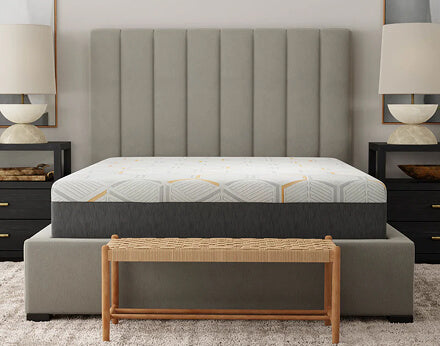
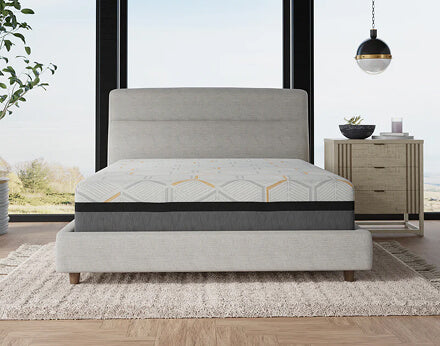

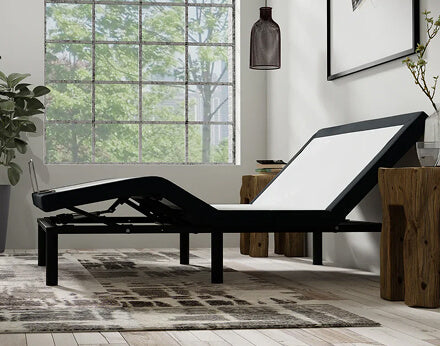
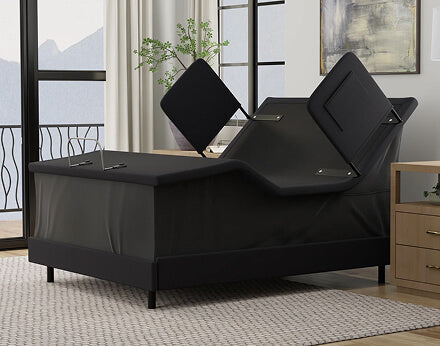
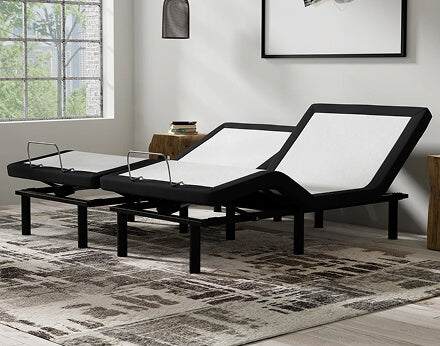


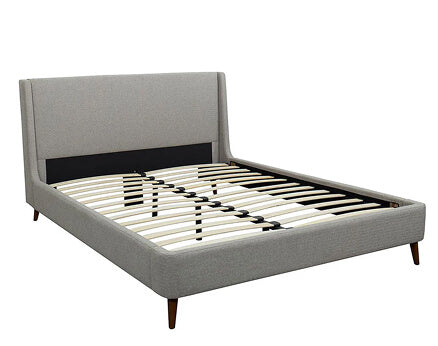
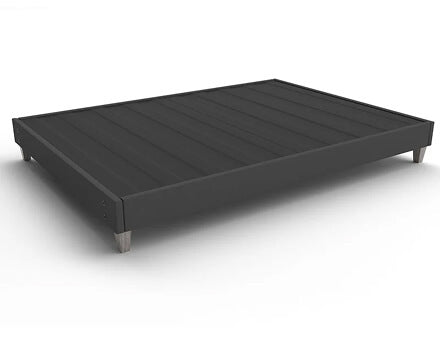
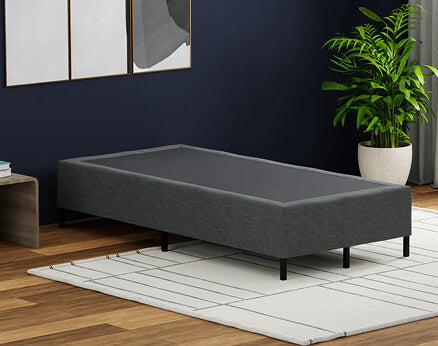
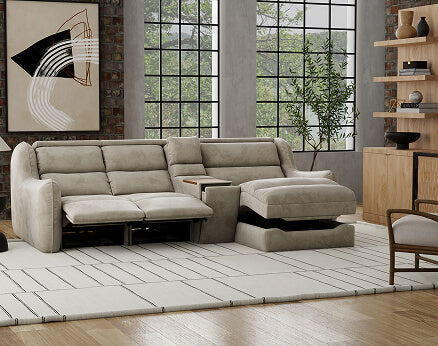
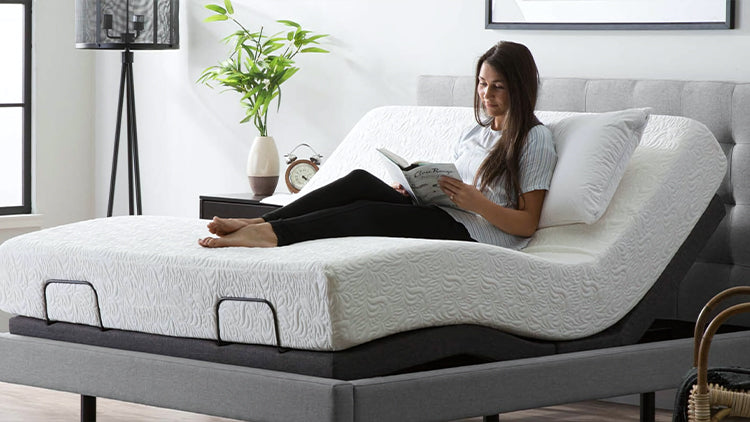
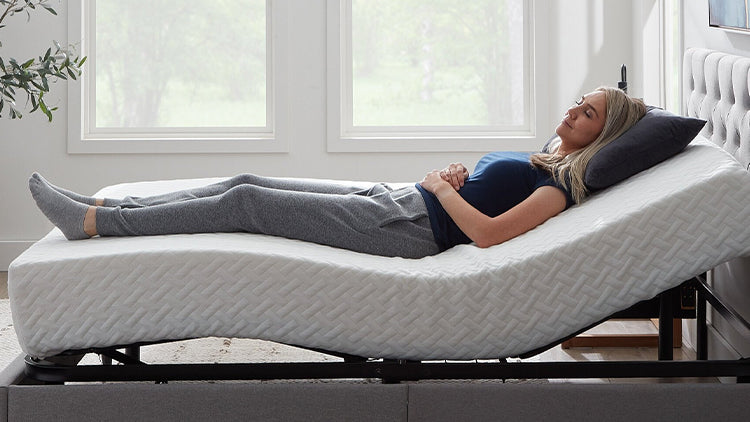
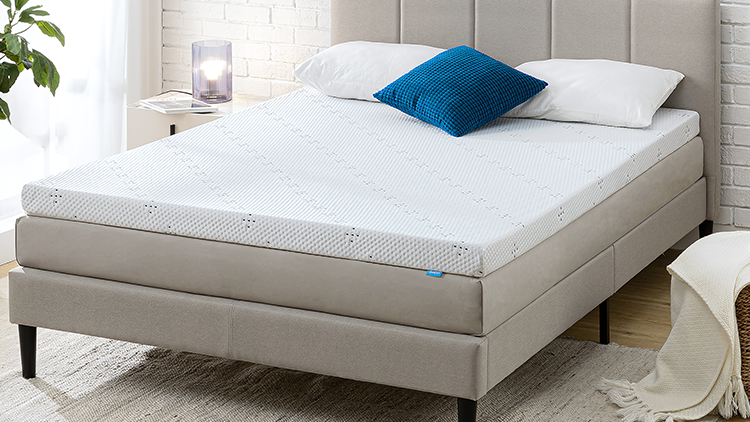
Leave a comment
This site is protected by hCaptcha and the hCaptcha Privacy Policy and Terms of Service apply.